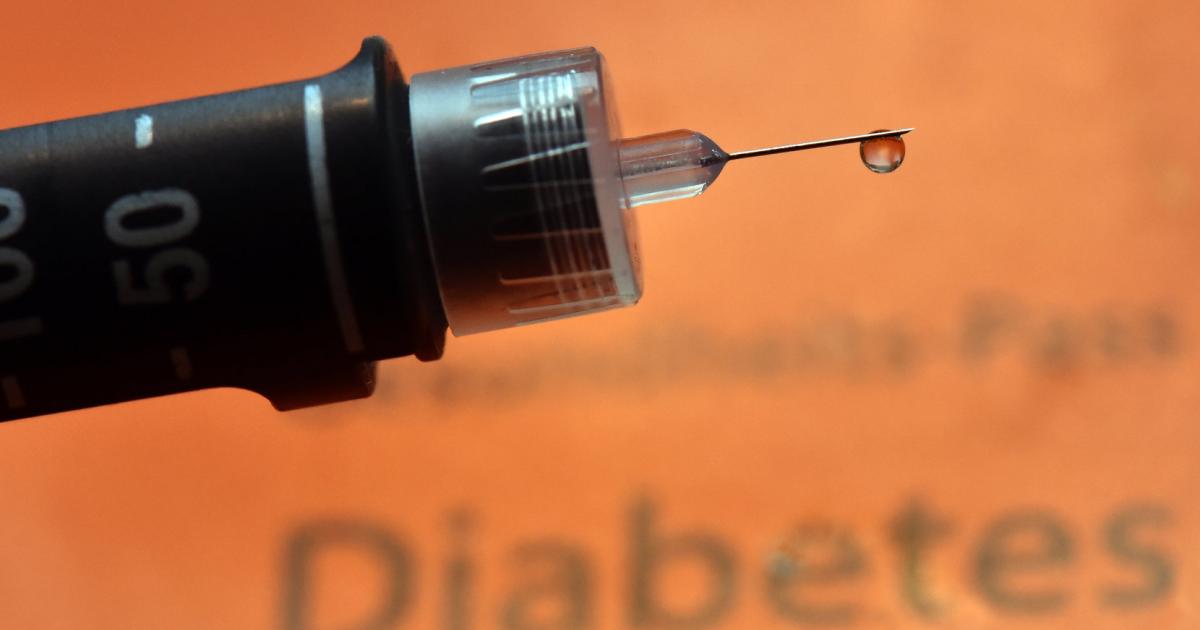
Innsbruck researchers are investigating the use of artificial intelligence in diabetes
As a result, insulin is secreted more accurately and safely than humans.
Type 1 diabetes treatment is complex and particularly challenging for parents of affected young children. Glucose sensors and insulin pumps are already helping with treatment – in the future, they will be linked to AI. Sabine Hoover, Head of the Diabetes Clinic at Pediatric Clinic 1 of the University of Innsbruck, is participating in a European study of the “closed-loop” system. In an interview with APA, she mentioned “impressive” results.
“Parents of young children with diabetes face tremendous challenges in daily life. Blood sugar levels must be set six to ten times a day. Children should be given insulin injections four to six times a day,” Hoover said. Type 1 diabetes is an autoimmune disease that causes the insulin-producing cells in the pancreas to be destroyed. Although the disease can be treated well, it greatly interferes with the daily lives of those affected, Hoover described. Parents are constantly worried: “It’s rare to sleep at night without being disturbed.” If blood sugar drops sharply and suddenly, it can lead to loss of consciousness and seizures.
The sensor and the pump are connected to the KI
Technical aids really help with sugar control. In so-called “closed loop” systems, the glucose sensor and the insulin pump will be connected via an algorithm, and the latest technology has been described by a diabetes doctor in Innsbruck. The algorithm is controlled and monitored using a smartphone app.
In an EU-sponsored study, the suitability of this method for young children will be examined by the end of the month. 71 children under the age of eight have participated in the study since fall 2019, which, in addition to the Medical University of Innsbruck, has also participated in Vienna, Graz, Cambridge, Leeds, Luxembourg and Leipzig. Hoover said that studies of this “particularly vulnerable” group would show the effect of AI-based therapies on the “quality of life and development of young children” despite their diabetes.
A pilot study with young children
A pilot study was previously conducted in which 20 young children participated. The study was completed in 2019, and recruiting for the main study participants was scheduled to begin soon thereafter. At the time, it was found that the system “can be used very safely – at night and during the day”. “It’s incredibly impressive,” Hoover stressed, “how calm and stable nighttime glucose levels are,” “no longer the doctor, but the algorithm that determines the exact dose of insulin supply. The AI is simply before us in some respects.”
The doctor added: “But the person is still the president,” adding that one does not give up full control. However, in this case, technology can aid fine-tuning, and corrective measures taken by parents will be “largely omitted”. Parents reported significant relief after the trial phase. Sleep quality has improved dramatically. “A mother told us that suddenly there were moments when she was allowed to forget that her child had diabetes,” said Hoover, adding that it was “a touching moment.”
Parent satisfaction, product under development
Ninety percent of parents participating in the pilot study would recommend the “closed loop” system, and three-quarters of all respondents from Innsbruck would like to continue using the system over the long term. It has already been proven that the system is suitable for everyday use; The data will be statistically processed from March onwards. “I’m sure the data will be compelling,” said Hoover, and the task now is to show “measurable improvements”.
The closed loop system is not yet commercially available, but it is already CE certified. Hoover hopes to “make the leap in daily treatment” within the next one to three years. The doctor said it was important that there was “a rethinking of health insurances and insurance companies.” “These costs should be refunded.” Medical applications will play an increasingly important role in the future.

“Organizer. Social media geek. General communicator. Bacon scholar. Proud pop culture trailblazer.”
